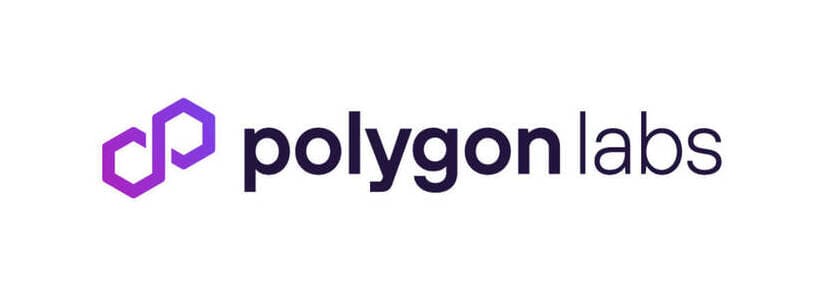TL;DR
- Polygon Labs proposed a novel regulatory framework. It advocates for considering DeFi protocols as “critical infrastructure” vital for the national and economic security of the United States.
- Truly decentralized DeFi protocols would be overseen by the Office of Cybersecurity and Critical Infrastructure Protection (OCCIP) of the U.S. Department of the Treasury.
- The focus is on balancing the prevention of illicit activities with the promotion of positive ones.
Polygon Labs, in collaboration with the law firm specializing in emergent technology Arktouros, presented a groundbreaking regulatory framework that proposes to consider decentralized finance (DeFi) protocols as “critical infrastructure” essential for the national and economic security of the United States. This 45-page document, titled “A Conceptual Framework for Combating Illicit Finance Activity in Decentralized Finance,” had a significant impact on the ongoing regulatory debate.
The proposal suggests that truly decentralized DeFi protocols be classified as critical infrastructure and be subject to the oversight of the Office of Cybersecurity and Critical Infrastructure Protection (OCCIP) of the U.S. Department of the Treasury. Although the OCCIP is not a financial regulator, it plays a crucial role in coordinating efforts to enhance the security of critical infrastructure in the financial services sector and reduce operational risk.
It is crucial to emphasize that the proposal highlights the need to distinguish between truly decentralized DeFi protocols and those with significant points of centralization. In this sense, the designation of “critical infrastructure” would be reserved for DeFi protocols that meet decentralization criteria, while those with notable centralization would be subject to existing financial regulations.
A key innovation of the Polygon’ framework is the introduction of a new category called “critical communications transmitters.” These are defined as entities that interact with genuine DeFi systems and would be fundamental to the proposed framework. These entities would have specific responsibilities designed to protect the national and economic security of the United States, without falling under the definition of “financial institutions” and, therefore, avoiding the application of the Bank Secrecy Act.

The Regulatory Framework Presented by Polygon Labs Could Set a Key Precedent Worldwide for the DeFi Sector
In line with the guidance of the U.S. Department of the Treasury’s Financial Crimes Enforcement Network, the proposed regulatory framework by Polygon establishes a clear distinction between centralized finance (CeFi or TradFi) and DeFi. This ensures independent control based on guidelines set by FinCEN for centralized finance.
In a broader context, industry experts, such as Jake Chervinsky, highlight that policymakers in Washington D.C. are increasingly prioritizing concerns about illicit financing compared to other aspects of the digital asset industry. This shift in focus could represent the beginning of a substantial solution to address regulatory challenges in the cryptocurrency space.
Ultimately, the proposal underscores the need to balance the prevention of illicit activities with the promotion of positive activities. Polygon’ approach aligns with the mandate of the U.S. Treasury, which seeks to “promote economic prosperity and ensure the financial security of the country.” If this regulatory framework is implemented, it could mark a significant shift in DeFi oversight in the United States, setting a precedent for future regulatory developments in other jurisdictions and shaping the future of decentralized finance globally.










